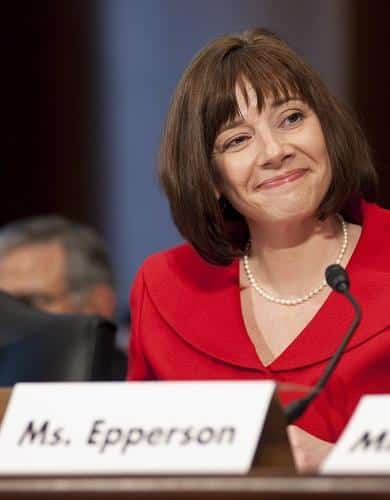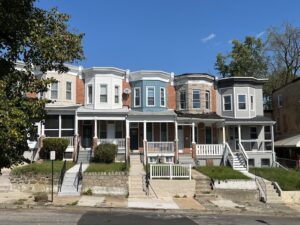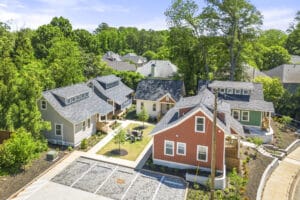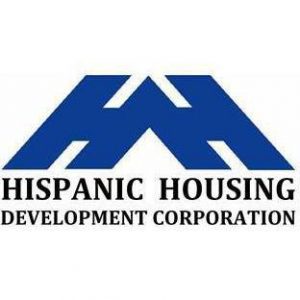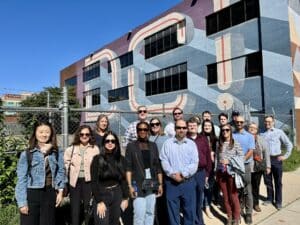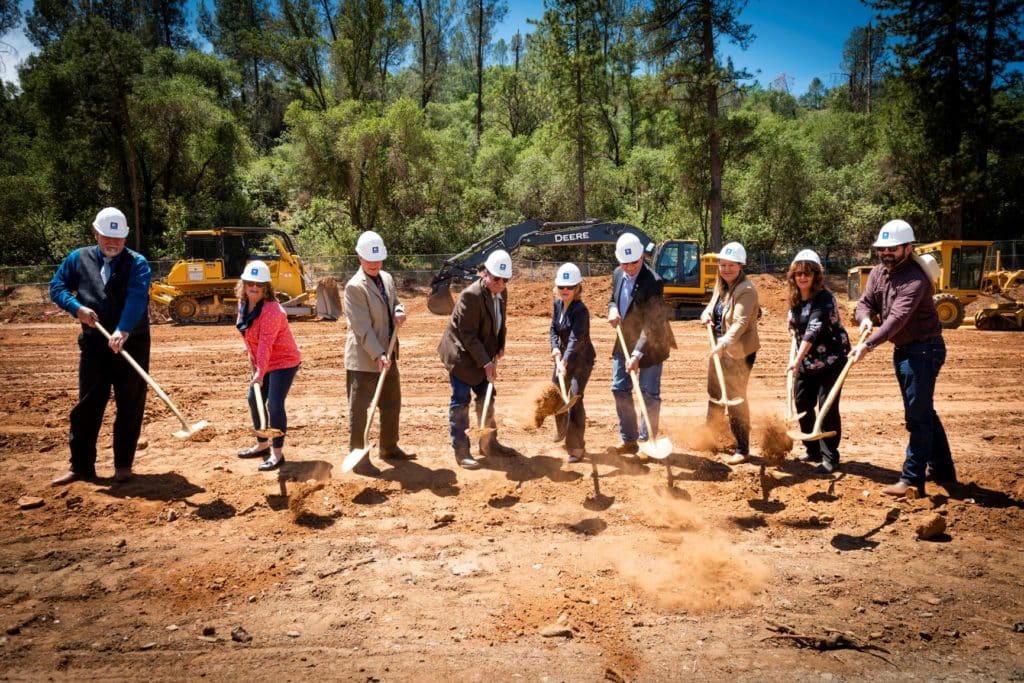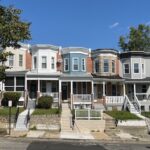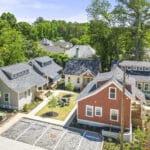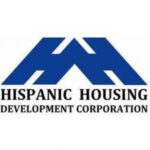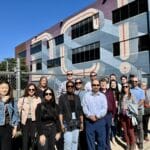As the demand for manufactured homes increases, we sat down with Stacey Epperson, President & Founder of Next Step Network to learn more about the benefits, opportunities, trends, impact on energy-efficiency, buyer-focused training, and importance of a new NeighborWorks America learning community.
- What is the benefit of manufactured housing for the affordable housing industry? What are some of the challenges and opportunities?
It can be difficult to find a home builder in areas of high housing demand at an affordable price. Factory-built homes offer cost savings in housing construction; not only for the developer, but also for the home buyer. Building a home in a controlled environment creates economies of scale. Volume purchasing allows off-site home builders to command the best pricing on materials, maintain trained trades people allowing better control on labor costs, and never subject to weather delays – while creating significantly less construction waste. These efficiencies mean a lower cost to build and ultimately a lower sale price for home buyers. And homes built to ENERGY STAR or other high-performance standards mean lower monthly utilities for built in affordability. More information is readily accessible on our website.
One of the largest challenges that factory-built homes face is perception. Next Step and our partners work to educate home buyers, lenders, local officials, policy makers, government agencies and other stakeholders about the benefits of off-site construction of homes. These efforts are resulting in more and more people recognizing the value and potential of factory-built homes as a part of the affordable housing solution.
2. What trends are you seeing? Is manufactured housing gaining greater acceptance by funders? What kind of funders should developers work with for this type of project?
More and more attention is being given to finance for factory-built homes. Both Freddie Mac and Fannie Mae have new offerings to finance manufactured homes with mortgage loans, and appraisal guidelines that allow for more flexibility in comparables and offer home buyer competitive rates, lower down payment requirements and traditional mortgage terms. These new offerings also adhere to stringent specifications for homes, ensuring greater energy-efficiency and aesthetic quality.
Next Step’s developer partners leverage funding from a variety of sources – both public and private. Local municipalities are beginning to recognize the value that factory-built homes offer as infill housing, converting vacant lots to owner occupied, single family homes – creating a new stream of tax revenues, while reducing blight. While many funders at the national level are pulling back from the housing space, more locally focused foundations and philanthropic organizations, combined with efforts from housing and community development efforts, are actively exploring innovative approaches to increase access to affordable, sustainable housing.
3. How is Next Step helping more NeighborWorks organizations use manufactured housing for development work, especially homes with high-energy efficiency?
Many of Next Step’s existing developer members and partners are NeighborWorks-affiliated organizations. Next Step staff also attends NeighborWorks Training Institutes across the country to provide information and education about the expanding role of factory-built homes in the affordable housing space. The Next Step homes sited are all at least ENERGY STAR-rated (ensuring high-performance) and some of our developers have expanded their innovation with the placement of net zero homes, using solar power, high efficiency appliances and HVAC products to push the limits on what can be accomplished. In 2018 alone, our network helped homeowners save $788,400 in home energy costs.
If organizations are interested in training or more information on factory-built homes, I would encourage them to reach out to our staff.
4. Why are you expanding buyer-focused training (rather than developer-focused) and working closely with manufactured housing retailers?
We aspire to train both housing developers and prospective home buyers. In 2017, we started our SmartMH program – a collaborative effort with Freddie Mac and eHome America – to help those individuals and families looking to own a home get the assistance that they need. Through a collaborative of more than 450 dedicated manufactured housing retailers, lenders and housing counseling agencies, there is now a system in which prospective home buyers who are unable to qualify for financing have the opportunity to become “mortgage ready” home buyers. To date, we have enrolled more than 900 individuals into this program. The program is fully operational in five states, and currently expanding into additional states.
5. At the recent Rural Convening, NeighborWorks America announced a special Manufactured Housing Learning Community to better help NeighborWorks-affiliated organizations interested in manufactured housing. What is the value of this initiative, and how can organizations get involved?
This Learning Community is a tremendous opportunity for NeighborWorks, and we are excited to follow the successes that come out of this initiative. Many of the participating organizations have worked with Next Step on projects that utilize factory-built homes. We hope that this cohort will help develop programs and methodologies that help more organizations stretch the limits of traditional thought and break through existing barriers to incorporate factory-built housing into future development efforts. As we work together bring more effort to scale affordable housing programs, we can help more hardworking individuals and families realize the dream of home ownership.
We encourage all NeighborWorks organizations to follow the Learning Community’s findings, and think creatively on how factory-built housing could be used to expand and accelerate of their programs.

